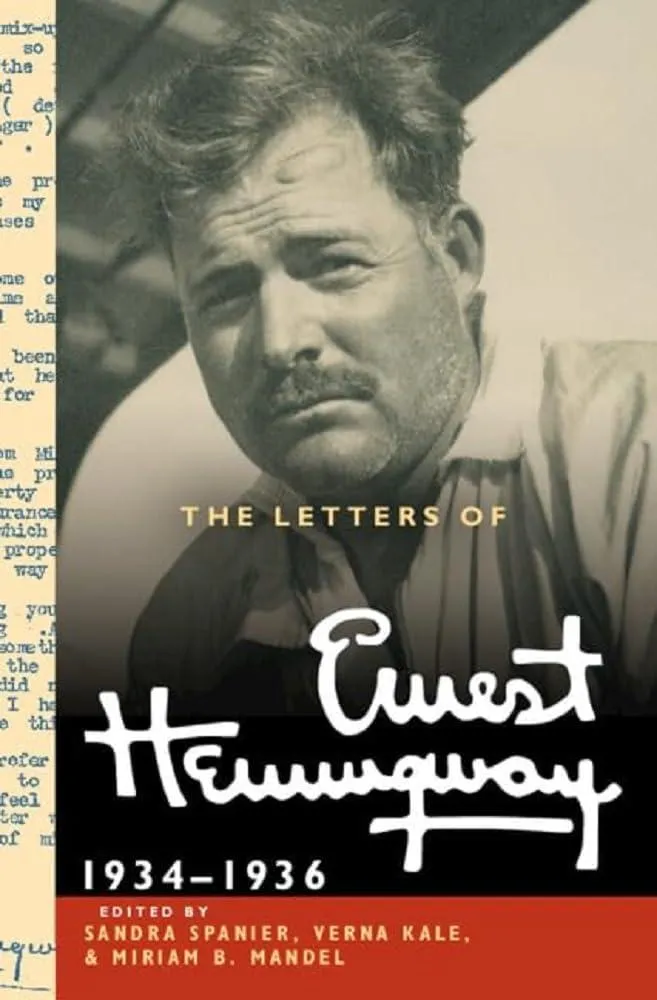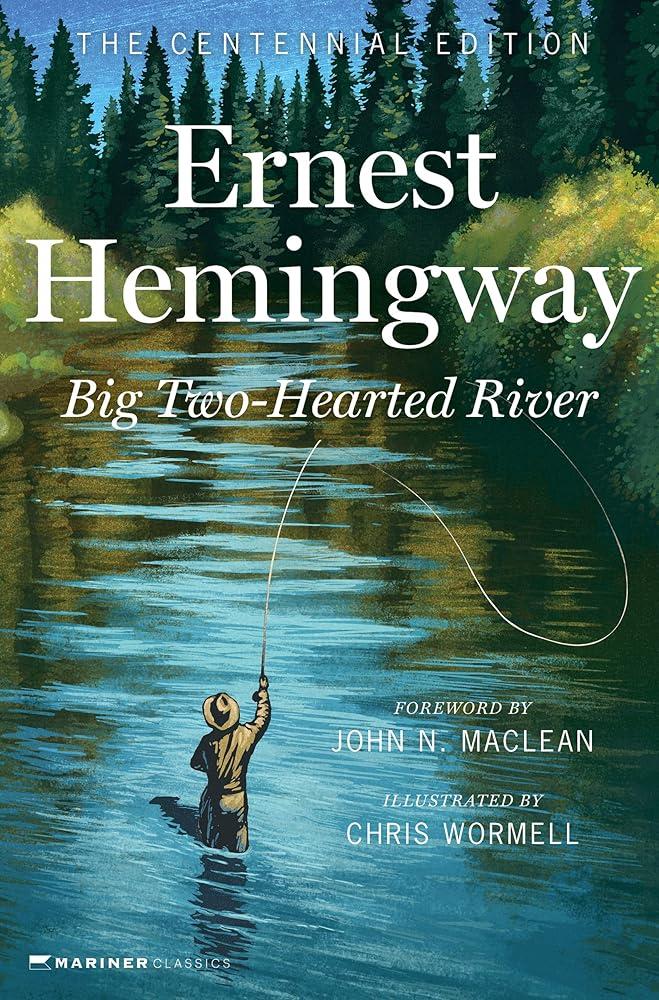
The Torrents of Spring : A Romantic Novel in Honor of the Passing of a Great Race
(Autor) Ernest HemingwayWritten in ten days, The Torrents of Spring was a satirical treatment of pretentious writers. Hemingway submitted the manuscript early in December 1925, and it was rejected by the end of the month. Finally, in January 1926, Max Perkins at Scribner's agreed to publish The Torrents of Spring in addition to Hemingway's future work. Scribner published the Torrents of Spring in May of that year; the first edition had a print run of 1250 copies. Set in northern Michigan, The Torrents of Spring concerns two men who work at a pump factory: World War I veteran Yogi Johnson and writer Scripps O'Neill. Both are searching for the perfect woman, though they disagree over this ideal. The story begins with O'Neill returning home from the library to find that his wife and small daughter have left him, explaining that "It takes a lot to mend the walls of fate." O'Neill, desperate for companionship, befriends a British waitress, Diana, at the restaurant where she works and immediately asks her to marry him. Diana makes an attempt to impress her spouse by reading books from the lists of The New York Times Book Review, including many forgotten pot-boilers of the 1920s. But O'Neill soon leaves her (as she feared he would when she first met him) for another waitress, Mandy, who enthralls him with her store of literary (but possibly made up) anecdotes.
Ernest Hemingway
Ernest Hemingway (1899-1961) was an American novelist, short story writer, and journalist known for his distinctive writing style and portrayal of masculinity. His most notable works include "The Old Man and the Sea," "A Farewell to Arms," and "The Sun Also Rises." Hemingway's writing is characterized by its spare prose, realistic dialogue, and emphasis on themes of war, love, and loss. He is credited with revolutionizing the modern American novel and influencing generations of writers with his minimalist approach to storytelling. "The Old Man and the Sea," a novella about an aging fisherman's struggle with a marlin, remains one of Hemingway's most famous and enduring works, winning him the Pulitzer Prize for Fiction in 1953 and solidifying his reputation as a literary giant.





